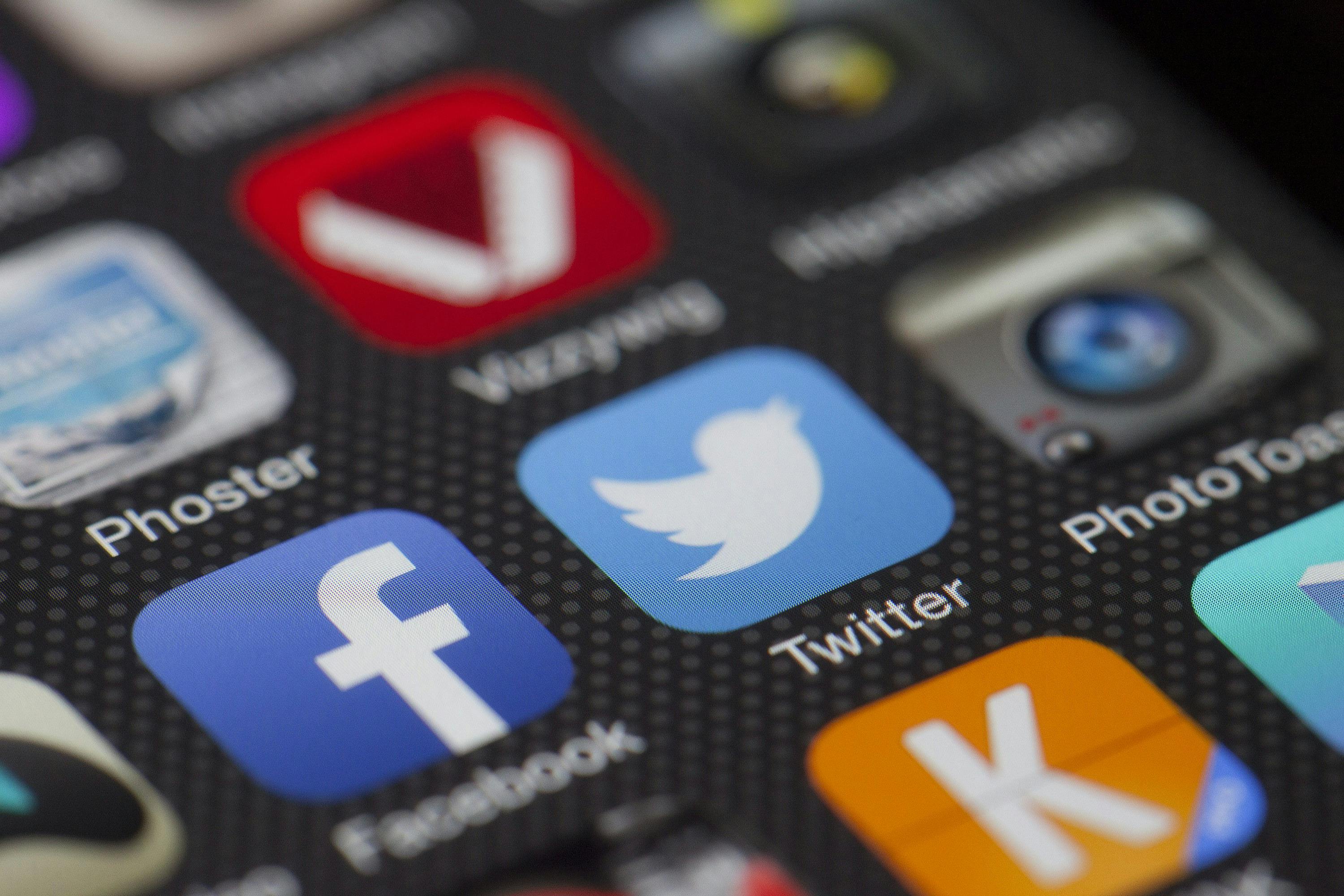I’m a millennial, recent college grad and newcomer to working in an office Monday through Friday. The transition from student to full-time employee has made me think about my persona on social media. In the age of Facebook, Instagram and Snapchat reflecting all aspects of one’s life, the professional line in the sand is called into question. Are posts appropriate for the eyes of coworkers, superiors and clients? What material is OK to share with that audience? If you don’t think the selfies or politically-charged rants on your social profiles are suitable, how do you handle the transition from carefree college student young professional?
When deciding whether to make profiles private or attempt to professionalize them, you must ask yourself what professional image you want to portray and how you can achieve that image on the social stage. Below are five considerations when making the transition from campus to cubicle.
Know your environment
First, it’s important to get a read on your colleagues and overall work environment. According to a January 2017 Forbes article, millennials are attracted to companies that display a more casual environment, employ other 20-somethings and support individual empowerment. Social media is a huge part of individual empowerment because it enables you to show the world who you are from behind a screen.
At RoseComm, we’re an open and transparent group, often sharing our weekend activities with each other on Monday. Not all companies echo this type of atmosphere, so it’s vital to know just how buttoned up you need to be. Some employers would prefer to remain blissfully unaware of your weekend affairs. But if they tend to show interest in your life outside of the office and your social media profiles are public, you should always be sure to vet the content you post. You never know whose eyes will land on your photo or status. If you are unsure how a supervisor might react to one of your public posts, it may be best to err on the side of caution and keep all profiles private.
Curious clients
In 2017, it’s perfectly normal to meet someone at a casual social event and then look them up on Facebook. Well, the professional world isn’t much different and people are likely looking beyond your LinkedIn profile. If you choose to leave your profiles on a public setting, clients and other important individuals may take a peek. Questionable posts could alter their perception of you quickly and often irrevocably.
Workplace friendships
Everyone has coworkers who are simply colleagues and those that are friends. If you develop these relationships, be sure to mind when posting about adventures you have outside of work together. While you can choose how to represent yourself on social media, you don’t want to post anything that could compromise another member of your company. Even if you feel that your own clients would not be offended by your post, you have to think about the repercussions for your workplace friend – not just you. And as a general rule of thumb, never post a photo of or quote from another person without their explicit permission.
Living a double life
A developing trend among working millennials is dual social profiles – where someone has both a private and professional account. This approach allows you to develop a professional persona while also keeping your personal life out of the public eye. It could also eliminate the risk of a colleague or client digging a little farther back into your profiles than anticipated.
If you decide to create a social media account that is only representative of your workplace persona, be sure to post accurate and appropriate content regarding your place of employment. If you are struggling with how to portray your employer from an employee standpoint, suitable content may include an employee quote of the day, employee birthdays or accomplishments. Other options include posting about industry news, meetings with a client or when your company acquires some new business. However, it’s important to be mindful of your employer’s social media policy, if there is one. Know what can and can’t be shared on social. A professional account shouldn’t include any recreational or weekend activities unless they are work-related. If you choose to lead the double life and take on the responsibility of dual accounts, be sure to represent your company in the best possible way.
Some things are better kept private
The long process of successfully professionalizing your social profiles can be stressful. So if you don’t want to juggle professional and personal accounts or feel that your post history might be too much to clean up, your best option might be keeping your social media presence private and out of the workplace entirely. From a PR standpoint, it’s essential to know what can damage an image or reputation of a company. It’s the same game when it comes to your professional life; you must always be mindful of the potential consequences of any social posting. Although social media opens additional avenues for communication and connection, it is not mandatory to attach a social media account to your professional persona.
Social media has drastically evolved since its inception. What was once simply MySpace and mainly used by teenagers is now dozens of sites and apps for people of all ages. Social media is a beast that can sometimes be overwhelming for even the savviest of users. No one should feel uncomfortable with their level of exposure, so it’s important to consider the right profile settings and level of sharing for you.
When it comes to a personal vs. professional social media presence, be sure to weigh all options and scenarios and look at your accounts through the lens—or screen—of superiors, colleagues and clients.
Do you keep your professional and personal life mixed or separate on social?

